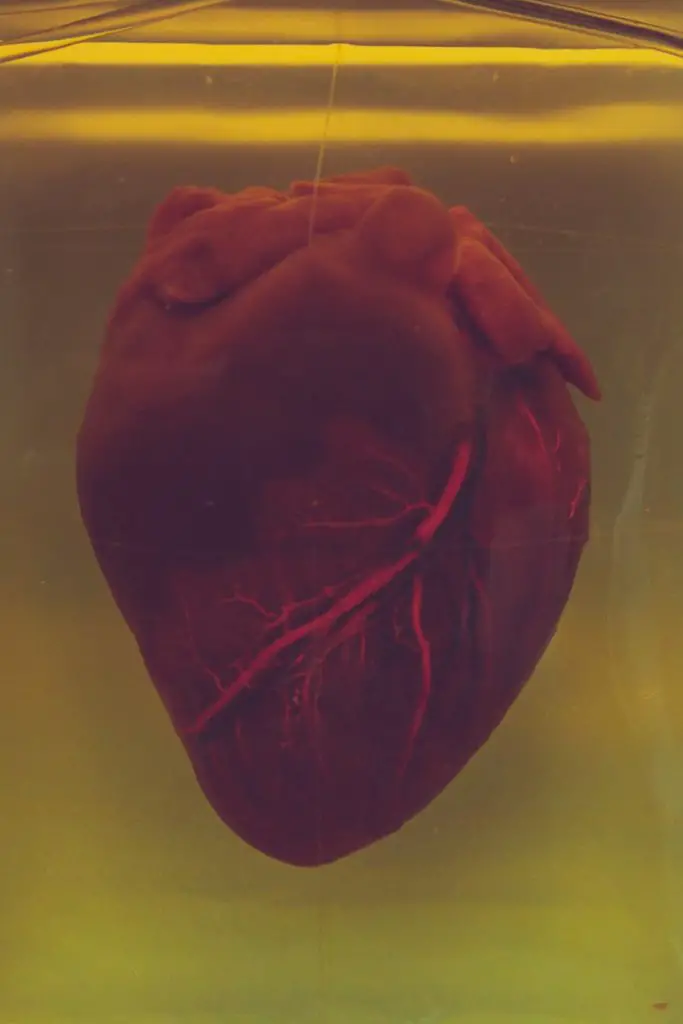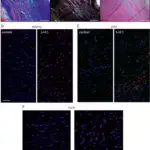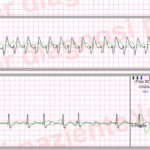Myocardial infarction (MI) is the irreversible death (necrosis) of heart muscle secondary to ischemia.
What is the Pathology of Myocardial Infarction?
The pathology of myocardial infarction is:
-Etiology: The cause of myocardial infarction is a coronary artery disease (CAD).
-Pathogenesis: The sequence of events that lead to myocardial infarction is when one or more areas of the heart muscle don’t get enough oxygen or when a part of the heart muscle doesn’t get enough blood. This happens when blood flow to the heart muscle is blocked.
-Morphology: The morphology associated with myocardial infarction shows abnormal cardiac findings on echocardiogram and histology.
How does Myocardial Infarction Present?
Patients with myocardial infarction typically are males present at age range of older than 35 years. The symptoms, features, and clinical findings associated with myocardial infarction include fatigue, chest discomfort, and malaise.
How is Myocardial Infarction Diagnosed?
Myocardial infarction is diagnosed with laboratory tests that include cardiac biomarkers or enzymes, troponin levels, complete blood cell count, comprehensive metabolic panel, and lipid profile. In the initial evaluation and triage of patients in whom a MI is suspected electrocardiography is used. To definitively diagnose or rule out coronary artery disease coronary angiography is used.
How is Myocardial Infarction Treated?
Myocardial infarction is treated with prehospital care, and emergency department, and inpatient care. The prehospital care includes intravenous access, supplemental oxygen if SaO2 is less than 90 %, pulse oximetry, immediate chewable aspirin and nitroglycerin for active chest pain, and telemetry and prehospital ECG. Sublingual nitroglycerin should be included for the initial stabilization of patients with suspected myocardial infarction. The initiation of beta-blockers is recommended for all patients with ST elevated myocardial infarction (unless beta-blockers are contraindicated). Fibrinolysis should also be considered if the patient is longer than 120 minutes from a percutaneous intervention (PCI) capable facility.
What is the Prognosis of Myocardial Infarction?
The prognosis of myocardial infarction is fair, but is highly variable depending on degree of pathology and care provided.



